Best movies like Too Early / Too Late
A unique, carefully handpicked, selection of the best movies like Too Early / Too Late Starring Danièle Huillet, Bahgat Elnadi, Gerard Samaan, and more. If you liked Too Early / Too Late then you may also like: 1900, Viva Zapata!, A Walk with Love and Death, Workers Leaving the Lumière Factory, Nadia and the Hippos and many more popular movies featured on this list. You can further filter the list even more or get a random selection from the list of similar movies, to make your selection even easier.
Inspired by a letter by Friedrich Engels and a 1974 account of two militant Marxist writers who had been imprisoned by the Nasser regime, Straub-Huillet filmed this film in France and Egypt during 1980. They reflect on Egypt’s history of peasant struggle and liberation from Western colonization, and link it to class tensions in France shortly before the Revolution of 1789, quoting texts by Engels as well as the pioneering nonfiction film Workers Leaving the Lumière Factory (1895).
Too Early / Too Late
You may filter the list of movies on this page for a more refined, personalized selection of movies.
Still not sure what to watch click the recommend buttun below to get a movie recommendation selected from all the movies on this list
Viva Zapata!
The story of Mexican revolutionary Emiliano Zapata, who led a rebellion against the corrupt, oppressive dictatorship of president Porfirio Díaz in the early 20th century.
A Walk with Love and Death
Attempting to evade the turmoil of France's Hundred Years' War, Parisian student Heron of Foix decides to journey to the sea. En route, he meets the pretty aristocrat Lady Claudia, and the couple begin a romance amid the intense conflict. As the struggle between peasants and noblemen rages on, Heron and Claudia take shelter at a monastery -- but even their newfound love can't completely keep the horrors of war at bay.
Workers Leaving the Lumière Factory
Working men and women leave through the main gate of the Lumière factory in Lyon, France. Filmed on 22 March 1895, it is often referred to as the first real motion picture ever made, although Louis Le Prince's 1888 Roundhay Garden Scene pre-dated it by seven years. Three separate versions of this film exist, which differ from one another in numerous ways. The first version features a carriage drawn by one horse, while in the second version the carriage is drawn by two horses, and there is no carriage at all in the third version. The clothing style is also different between the three versions, demonstrating the different seasons in which each was filmed. This film was made in the 35 mm format with an aspect ratio of 1.33:1, and at a speed of 16 frames per second. At that rate, the 17 meters of film length provided a duration of 46 seconds, holding a total of 800 frames.
Nadia and the Hippos
Single mother Nadia is surviving on welfare while transport strikes are paralyzing France in December 1995. While watching the news, she recognizes the father of her child among the strikers and decides to go and search for him. But she has nowhere to go. The film, shot almost entirely at night, carries documentary qualities, part of which is due to the appearances of actual railroad workers in several group scenes.
The Organizer
The story of exploited textile factory workers in Turin, Italy at the turn of the century and their beginnings of their fight for better working conditions. Professor Sinigaglia (Marcello Mastroianni) is sent by (presumably) the Socialists to help them organize their strike and give form to their struggle
Baby's Meal
A father, a mother and a baby are sitting at a table, on a patio outside. Dad is feeding baby his lunch, while mum is serving tea.
The Joy of Learning
Night after night, not long before dawn, two young adults, Patricia and Emile, meet on a sound stage to discuss learning, discourse, and the path to revolution. Scenes of Paris's student revolt, the Vietnam War, and other events of the late 1960s, along with posters, photographs, and cartoons, are backdrops to their words. Words themselves are often Patricia and Emile's subject, as are images, sounds, and juxtapositions.
Balzac and the Little Chinese Seamstress
During the Cultural Revolution, two young men are sent to a remote mining village where they fall in love with the local tailor’s beautiful granddaughter and discover a suitcase full of forbidden Western novels.
Boat Leaving the Port
In very bad weather and a stormy sea, a small boat manned by two men is trying to leave the harbor of La Ciotat, while several people are watching them from the nearby pier.
Black Fox: The Rise and Fall of Adolf Hitler
The rise and fall of Nazi Germany in part through the use of classical allegory.
The Angel
True story of Ashraf Marwan, who was President Nasser's son-in-law and special adviser and confidant to his successor Anwar Sadat - while simultaneously Israeli Intelligence's most precious asset of the 20th century. Based on NYT bestselling book 'The Angel: The Egyptian Spy Who Saved Israel' by Uri Bar-Joseph.
Danton
Danton and Robespierre were close friends and fought together in the French Revolution, but by 1793 Robespierre was France's ruler, determined to wipe out opposition with a series of mass executions that became known as the Reign of Terror. Danton, well known as a spokesman of the people, had been living in relative solitude in the French countryside, but he returned to Paris to challenge Robespierre's violent rule and call for the people to demand their rights. Robespierre, however, could not accept such a challenge, even from a friend and colleague, and he blocked out a plan for the capture and execution of Danton and his allies.
Cairo Conspiracy
A fisherman's son is offered the ultimate privilege to study at the Al-Azhar University in Cairo, the epicenter of power of Sunni Islam. Shortly after his arrival, the university’s highest ranking religious leader, the Grand Imam, dies and the young student ecomes a pawn in a ruthless power struggle between Egypt's religious and political elite.
Start the Revolution Without Me
An account of the adventures of two sets of identical twins, badly scrambled at birth, on the eve of the French Revolution. One set is haughty and aristocratic, the other poor and somewhat dim. They find themselves involved in palace intrigues as history happens around them. Based, very loosely, on Dickens's "A Tale of Two Cities," Dumas's "The Corsican Brothers," etc.
The Gospel According to St. Matthew
This biblical drama from the Catholic Marxist director focuses on the teachings of Jesus, including the parables that reflect their revolutionary nature. As Jesus travels along the coast of the Sea of Galilee, he gradually gathers more followers, leading him into direct conflict with the authorities.
The Blacksmiths
While his aide continuously turns the handle of the bellows, keeping hot a small furnace in front of him, a blacksmith is pounding a piece of metal on an anvil, then plunges the shaft into a tub of water, causing a cloud of vapor in the process.
Struggle in Italy
The film reveals how and why a supposedly revolutionary Italian girl has in fact fallen prey to bourgeois ideology.
Antonio das Mortes
A new incarnation of Cangaceiro bandits, led by Coirana, has risen in the badlands. A blind landowner hires Antônio to wipe out his old nemesis. Yet after besting Coirana and accompanying the dying man to his mountain hideout, Antônio is moved by the plight of the Cangaceiro’s followers. The troubled hitman turns revolutionary, his gun and machete aimed towards his former masters.
Land and Freedom
David Carr is a British Communist who is unemployed. In 1936, when the Spanish Civil War begins, he decides to fight for the Republican side, a coalition of liberals, communists and anarchists, so he joins the POUM militia and witnesses firsthand the betrayal of the Spanish revolution by Stalin's followers and Moscow's orders.
Fishing for Goldfish
A man, holding a baby up in his hands, is standing next to a fishbowl. The baby is trying, in vain, to catch a goldfish with his bare hands.
The Photographical Congress Arrives in Lyon
Down the gangway, photographers leave the deck of a riverboat in large numbers.
Cordeliers' Square in Lyon
Pedestrian and horse-drawn vehicles traffic, across the Place des Cordeliers, in Lyon.
The Sparrow
Set shortly before and during the Six Day War in June of 1967, The Sparrow follows a young police officer stationed in a small village in Upper Egypt whose inhabitants suffer from the harassment of a corrupt businessman.
The Square
The Square looks at the hard realities faced day-to-day by people working to build Egypt’s new democracy. Cairo’s Tahrir Square is the heart and soul of the film, which follows several young activists. Armed with values, determination, music, humor, an abundance of social media, and sheer obstinacy, they know that the thorny path to democracy only began with Hosni Mubarak’s fall. The life-and-death struggle between the people and the power of the state is still playing out.
Three Sisters
The masterful new documentary from Wang Bing is an intimate, observational portrait of a peasant family who eke out a humble existence in a small village set against the stunning mountain landscapes of China's Yunnan province.
The French Revolution
A history of the French Revolution from the decision of the king to convene the Etats-Generaux in 1789 in order to deal with France's debt problem. The first part of the movie tells the story from 1789 until August 10, 1792 (when the King Louis XVI lost all his authority and was put in prison). The second part carries the story through the end of the terror in 1794, including the deaths by guillotine of Louis XVI, Marie-Antoinette, Danton, and Desmoulins.
The Last Bolshevik
A documentary on Soviet filmmaker Aleksandr Medvedkin, examining his tumultuous career, the rediscovery of his masterpiece Happiness, and Russia's struggles over the course of the 20th Century.
The Young Karl Marx
26 year-old Karl Marx embarks with his wife, Jenny, on the road to exile. In 1844 in Paris, he meets Friedrich Engels, an industrialist’s son, who has been investigating the sordid birth of the British working class. Engels, the dandy, provides the last piece of the puzzle to the young Karl Marx’s new vision of the world. Together, between censorship and the police’s repression, riots and political upheavals, they will lead the labor movement during its development into a modern era.
The Lumière Brothers' First Films
A collection of short films made by the Lumiere brothers, a team of pioneering filmmakers in turn-of-the-century France, narrated by Bertrand Tavernier.
Destination Nicaragua
Documentary about a group of Americans who go to Nicaragua to learn about the conflict between the Contras and the Sandinistas.
La mort trouble
Three sisters visiting their uncle in his island home, find themselves alone with the late uncle's manservant. Their relations reveal a dark side in all of them, and gender, racial, and class tensions that lead to situations of humiliation, domination and sex, and death.
One Nation, One King
„Un peuple et son roi" crosses the destinies of the men and women of the population, and those of historical figures. Their meeting place is the newly founded National Assembly. At the heart of the story lie the fate of the king and the birth of the French Republic.
Hornblower: The Frogs and the Lobsters
Lieutenant Hornblower and his shipmates are sent to accompany a doomed royalist invasion of revolutionary France.
Liberté, égalité, choucroute
A parody of the French Revolution, on Arabian Nights background. Bagdad Calif is in Paris in 1789, where he decides to visit the Executionner equipment exhibition.
The Cinematograph: Birth of an Art
Throughout the 19th century, imaginative and visionary artists and inventors brought about the advent of a new look, absolutely modern and truly cinematographic, long before the revolutionary invention of the Lumière brothers and the arrival of December 28, 1895, the historic day on which the first cinema performance took place.
The Land
Set in 1933, the mayor informs the peasants that the share of irrigation of their land will be split equally between them and feudal lord Mahmoud Bey. The peasants send Mohamed Effendi to submit a petition to the government. Mahmoud Bey then proposes a project that would require taking part of the peasants' lands.
Agatha and the Limitless Readings
A man and his sister meet at a seaside village to discuss their relationship.
Love and Anger
Five short stories with contemporary settings. In New York, people are indifferent to derelicts sleeping on sidewalks, to a woman's assault in front of an apartment building, and to a couple injured in a car crash. A man, stripped of his identity, dies in bed with actors expressing his agony. A cheerful, innocent young man walking a city street in a time of war pays a price for this innocence. A couple talks about cinema while it watches another couple talk of love and truth on the eve of one character's return to Cuba. Striking students take over a university classroom; an argument follows about revolution or incremental change.
Vladimir and Rosa
Jean-Luc Godard's and Jean-Pierre Gorin's interpretation of the Chicago Eight / Chicago Seven trial, which followed the 1968 Democratic National Convention protest activities. Judge Hoffman becomes the character Judge Himmler (played by Ernest Menzer) and the defendants become a microcosms of the French Revolution.
The Lorry
In this most talky and personal of films, director Marguerite Duras and actor Gerard Depardieu do an on-camera read-through of a movie script. Occasionally, the director comments about the characters or their motivations, and sometimes the actor does. That's all -- there is no action, there are no location shots, no one pretends to be anything else. The script itself tells about an encounter between a blank-slate of a woman hitchhiker, and a communist truck driver. As the reading progresses, Duras comments bitterly about the failed ideals of communism and the glorious revolution that will probably never happen.
Wind from the East
A politically oriented film in which images suggestive of a mock western are accompanied by an attack on all cinematic conventions to date and a debate on the nature and possibility of revolutionary cinema.
The City
Ali, an aspiring actor, works in a government-aided butchery and takes part in a cheap play. Defying his father's wishes, he moves to Paris to fulfill his dreams and starts living illegally alongside many other Arabs. Ali has a life-changing experience there that he won't fully remember until he returns to Egypt.
Terror! Robespierre and the French Revolution
In 1794, French revolutionary Maximilien Robespierre produced the world's first defense of "state terror" - claiming that the road to virtue lay through political violence. This film combines drama, archive and documentary interviews to examine Robespierre's year in charge of the Committee Of Public Safety - the powerful state machine at the heart of Revolutionary France. Contesting Robespierre's legacy is Slavoj Zizek, who argues that terror in the cause of virtue is justifiable, and Simon Schama, who believes the road from Robespierre ran straight to the gulag and the 20th-century concentration camp. The drama, based on original sources, follows the life-and-death politics of the Committee during "Year Two" of the new Republic.
Destroy, She Said
In a secluded hotel circumscribed by a dense forest Max and Alissa Thor meet Stein and Elisabeth. Max, a professor of future history and an aspiring author, is immediately attracted to the brooding wife of industrialist Bernard Alione, Elisabeth, who is recovering from a miscarriage. Stein, a German Jew and potential writer, is infatuated by Alissa, Max's young wife and former student. During their sojourn the guests' identities gradually meld.
A Film Like Any Other
An analysis of the social upheaval of May 1968, made in the immediate wake of the workers’ and students’ protests. The picture consists of two parts, each with with identical image tracks, and differing narration.
The Royalists
The Marquis de Montauran was appointed to command the Chouans whose first two revolts were crushed. An aristocrat, Marie-Nathalie de Verneuil, is sent by Joseph Fouché to seduce and capture him.


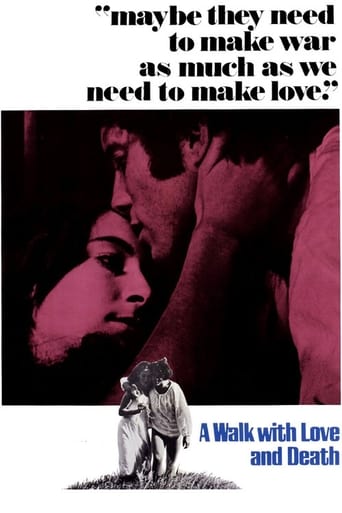








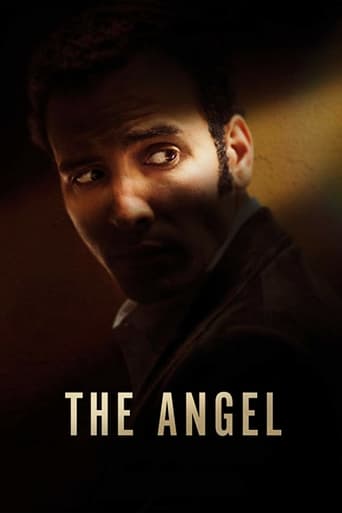

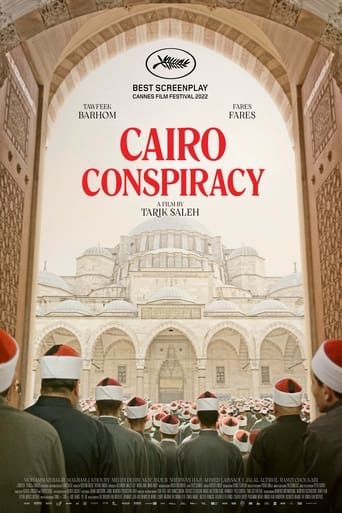
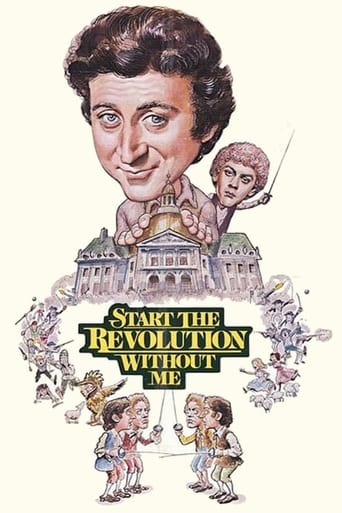


















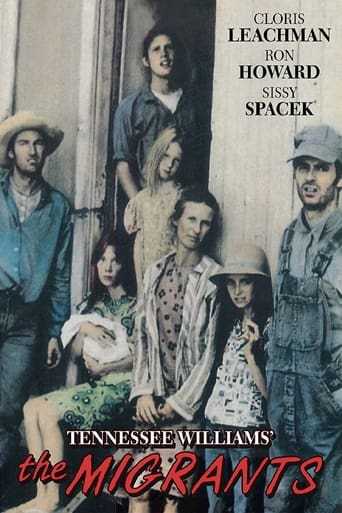
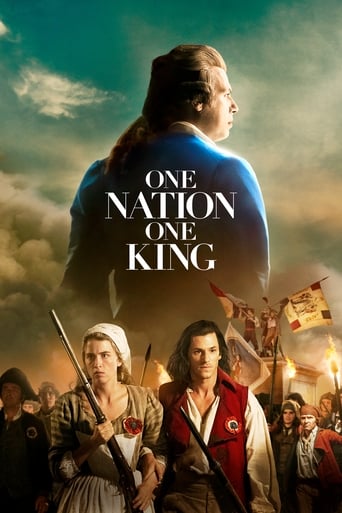






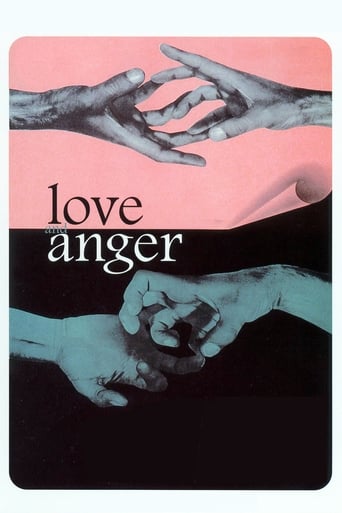








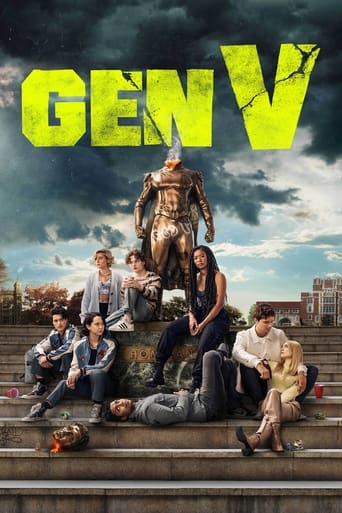
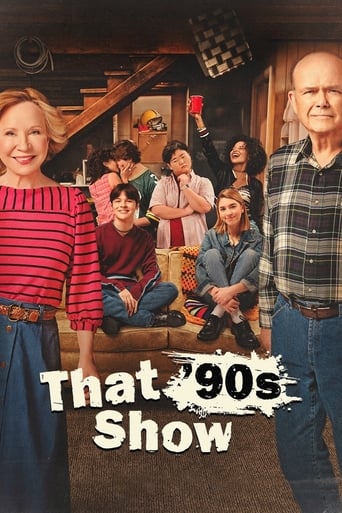
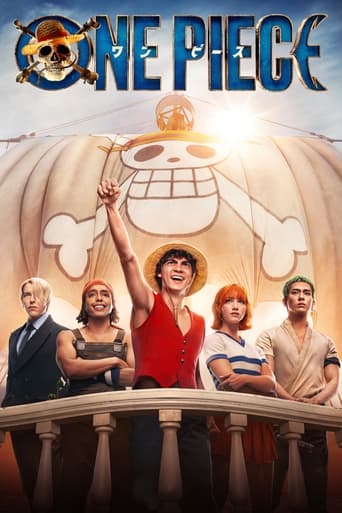
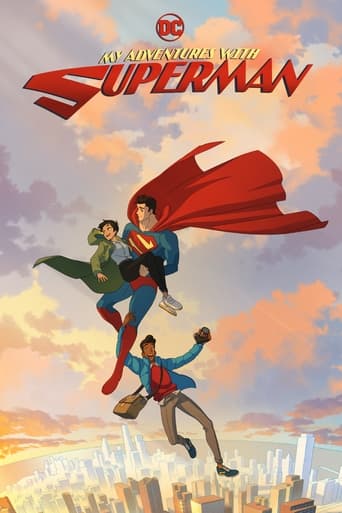
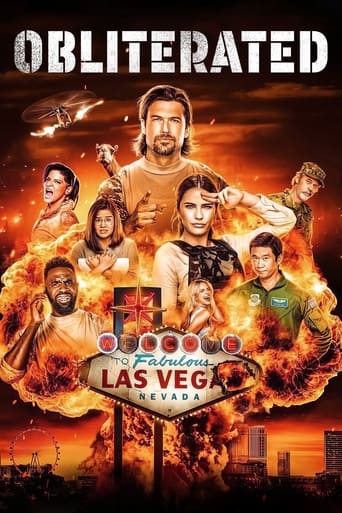
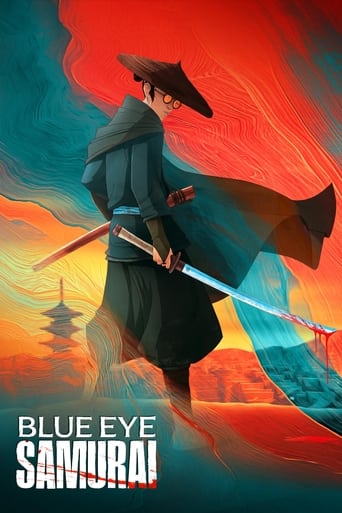
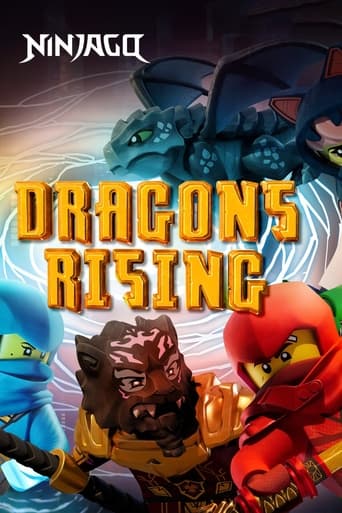
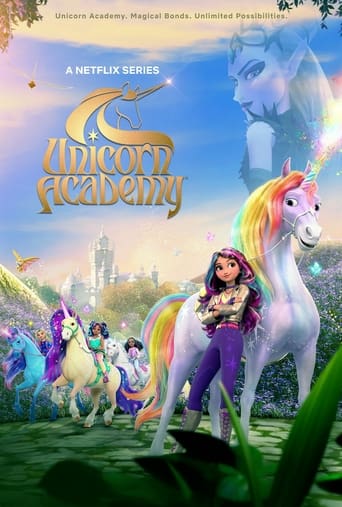
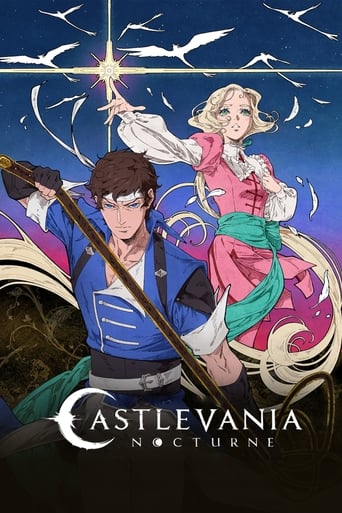


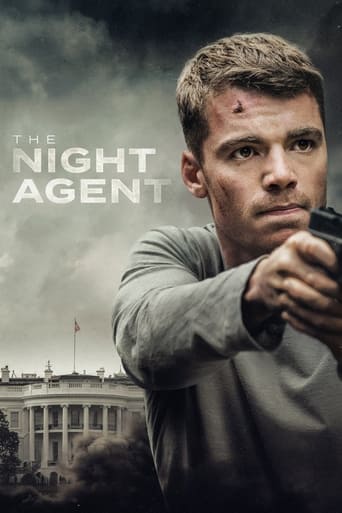
1900
The epic tale of a class struggle in twentieth century Italy, as seen through the eyes of two childhood friends on opposing sides.